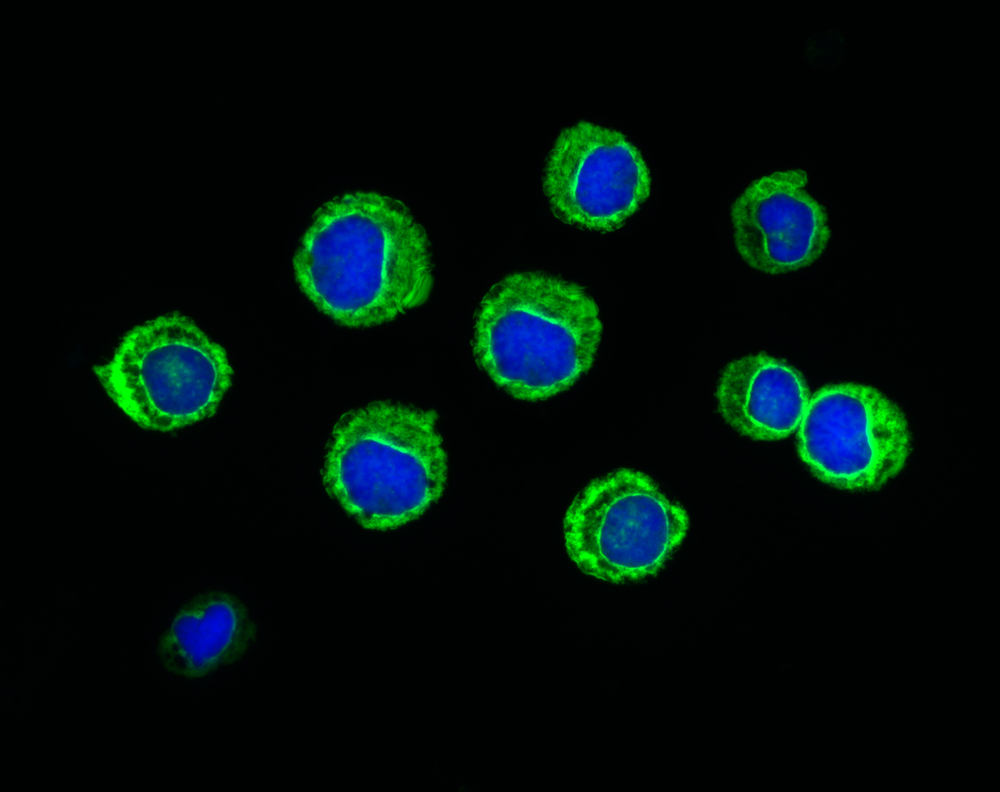 A new study entitled “Peroxisomal Lipid Synthesis Regulates Inflammation by Sustaining Neutrophil Membrane Phospholipid Composition and Viability” published in Cell Metabolism by Irfan J. Lodhi part of Dr. Clay F. Semenkovich’s group at Division of Endocrinology, Washington University School of Medicine, St. Louis, and colleagues. In this study researchers revealed an association between lipogenesis and inflammation and established a model for specific inactivation of the neutrophil lineage.
A new study entitled “Peroxisomal Lipid Synthesis Regulates Inflammation by Sustaining Neutrophil Membrane Phospholipid Composition and Viability” published in Cell Metabolism by Irfan J. Lodhi part of Dr. Clay F. Semenkovich’s group at Division of Endocrinology, Washington University School of Medicine, St. Louis, and colleagues. In this study researchers revealed an association between lipogenesis and inflammation and established a model for specific inactivation of the neutrophil lineage.
In several diseases like obesity, diabetes, and cancer, the de novo lipogenesis pathway, the conversion of dietary carbohydrate into fat, is altered. The enzyme fatty acid synthase (FAS) catalyzes the first crucial step in de novo lipogenesis. This enzyme FAS is expressed in every tissue in the body and is regulated at transcriptional and post-transcriptional levels. Due to FAS tissue-specific effects it is complicated to foresee the impact of total inhibition of this enzyme in an adult mouse, since during embryonic development the FAS-deficiency leads to death. Therefore, mice deficient for FAS have not been accessible.
In this study, the research team established an inducible global FAS knockout in adult mice. Surprisingly, the total knockout of FAS (iFASKO) in mice induced death by the disruption of the intestinal barrier and neutropenia, characterized by an abnormally low number of neutrophils. The neutrophils are crucial cells of innate immunity and defend the organism against bacteria invading the epithelial surfaces, the physical barriers of the organism. The researchers found that deficiency of FAS was linked with an increased deficiency in granulopoiesis. The number of myeloid progenitors in the bonemarrow of iFASKO mice was similar to the control mice, thus indicating that the myeloid lineage is not affected by this deficiency. On the other hand, FAS is crucial for maintenance of mature neutrophils, and its deficiency was connected with increased neutrophil apoptosis (death). These findings suggest that changes in lipid metabolism makes neutrophils from mice deficient for FAS more prone to apoptosis. The membrane composition of neutrophils in mice deficient for FAS have lower content in peroxisome-derived ether-linked phospholipids thus perturbing the membrane integrity, increasing endoplasmic reticulum (ER) stress and consequently apoptosis.
This study established a link between endogenous lipid metabolism and inflammation and provide a proof of concept that lipogensis inhibition specifically perturbs the maturation of neutrophils. Notably, the inhibition of lipogenic enzymes, like FAS, could change the path of neutrophil-associated diseases, such as rheumatoid arthritis.


